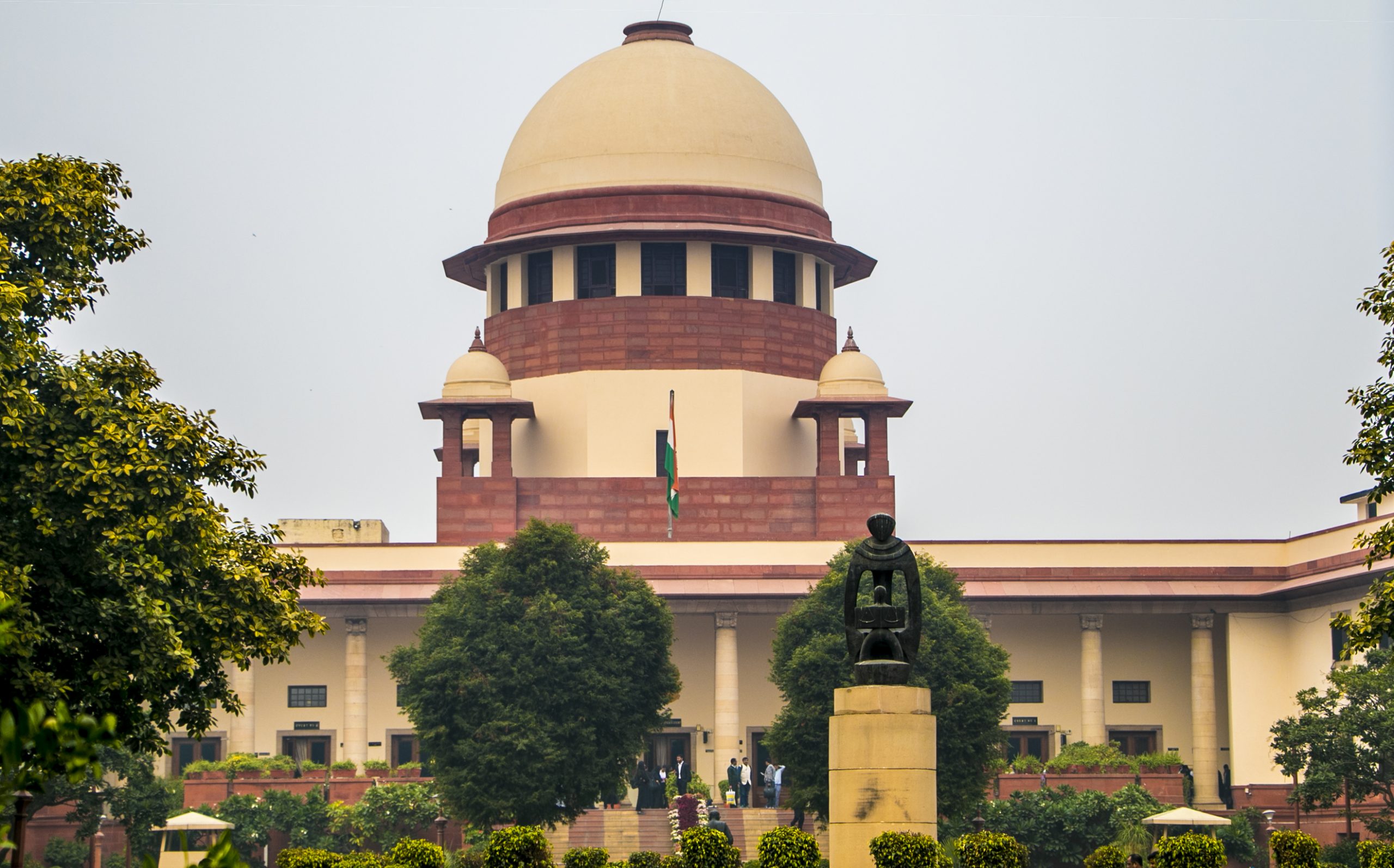News Highlights
Stressing a pressing need for reform, the Supreme Court has called on the government to consider a special legislation on Bail law
What is a Bail?
- Bail is referred to as the temporary release of the accused in a criminal case in which the court has a trial pending and is yet to announce the judgement.
Types of Bail in India
- Regular Bail:
- This kind of bail is granted to the person who has been arrested or is in police custody.
- It is filed under sections 437 and 439 of CrPC.
- Interim Bail:
- This is short-term bail granted for a short period of time.
- It is granted before the hearing for the grant of normal or anticipatory bail.
- Anticipatory Bail:
- Anticipatory bail falls under section 438 of CrPC by the session court or the high court.
- A person can apply for anticipatory bail when an individual finds out that he could be arrested for a non-bailable offense.
- Usually, such situations arise when business rivals and people try to frame false cases against their competitors.
Indian Bail Law
- Section 436-450 of the CrPC deals with the procedures regarding bail in India and includes the provisions for the grant of bail.
- The CrPC does not define the term bail, instead classifying offences under the Indian Penal Code as ‘bailable’ or ‘non-bailable.‘
- Bailable offence
- The CrPC gives magistrates the authority to grant bail for bailable offences
- Here bail can be claimed by the accused as a matter of his right
- Non-bailable offence
- Non-bailable offences are cognisable, which enables the police officer to arrest without a warrant.
- In such cases, a magistrate would determine if the accused is fit to be released on bail.
- Bailable offence
Supreme court’s stance on Reforms
The court’s ruling is in the form of guidelines, and it also draws the line on certain procedural issues for the police and judiciary.
- Separate law for Bail:
- The Court underlined that despite subsequent amendments, the CrPC has largely retained its original structure created by the colonial power.
- The Court pointed out that the code did not address arrest as a fundamental liberty issue.
- It also highlighted that magistrates do not necessarily exercise their discretionary powers uniformly.
- “Such an action, despite being a judicial one, would be a grave act of disrespect to Articles 14 and 15 of the Indian Constitution,” the Court stated.
- The court’s solution on this is the framing of a separate law that deals with the grant of bail.
- Indiscriminate Arrests
- The court stated that the culture of excessive arrests, particularly for non-cognizable offences, is unjustified.
- It emphasised that arrest is not mandatory even for cognisable offences.
- Arrest is mandatory in following cases
- To prevent any crime, to allow proper investigation and to prevent him/her from disappearing or tampering with evidence.
- To prevent him from making any inducement, threat or promise to any person so as to prevent him from disclosing the said facts in court or to a police officer.
- A further arrest may be necessary when his presence after arrest for production in court is necessary and cannot be confirmed,” the court said.
- It held that lower courts must satisfy that these conditions are met and “Any non-compliance would entitle the accused for grant of bail”.
- Bail application
- Bail applications under Sections 88, 170, 204, and 209 of the Code deal with various stages of a trial where a magistrate can decide whether or not to release an accused.
- These range from power of the magistrate to take bond for appearance (Section 88), to power to issue summons (Section 204).
- Court held that there need not be any insistence of a bail application while considering the application under these sections.
- Direction to States
- The SC also directed all state governments and Union Territories to facilitate standing orders to comply with the orders and avoid indiscriminate arrests.
- The CBI has already communicated earlier orders of the Court to special judges under its jurisdiction.
Content Source: Indian Express



